Netflix’s ‘Drive to Survive’ doc shows that Formula One is different
While motorsport initially comes off as boring, Formula One and Netflix’s Drive to Survive documentary say otherwise.
The HAAS Formula One car appears frequently in the Drive to Survive Series.
October 20, 2021
What do you think when asked about motorsport? Do you think of repetitive races? Cars turning left for hours? Confusing rules and jargon?
In some instances, that’s what racing is. Stock car racing, mostly known as NASCAR, involves a pack of cars turning left for hours on end for hundreds of laps.
TV shows and popular culture have always portrayed car racing as a ‘backwoods hobby,’ think “Talladega Nights: The Ballad of Ricky Bobby”. This portrayal of racing isn’t entirely accurate though. Many people aren’t able to go to races in real life, but I had the privilege of going to the Daytona 500 in 2017.
The experience was a mixed bag. The stadium held thousands of mostly inebriated fans. While it is impressive seeing all the people and the noise and speed of the race cars, the race lasted for hours. For people not watching racing in person, the experience is even more boring.
After that, I simply assumed that all racing would be like that, just repetitive, long, and seemingly pointless. That is until I found a Netflix documentary on Formula 1 called “Drive to Survive.” Despite my previous assumptions about racing, the documentary surprised me. This sport was sophisticated and complex, and I liked it.
Formula 1 is a series of races in which 10 teams and 20 drivers compete to win a team and individual championship. “Drive to Survive” is a series that delves deep into the world of Formula 1. Cameramen follow drivers, owners, and racing directors (also known as principals) in what becomes a high stakes competition not only to win, but to financially survive.
The series got me captivated in the sport— the rivalries, the innovation, and the stakes. The truth is, Formula 1 is more intricate and advanced than its American equivalents.
The racing competition known as “World Driver’s Championship” takes place in 32 countries each year, has a revenue of 2 billion dollars, and features a lineup consisting of different drivers of different backgrounds, from British driver Lewis Hamilton to Thai driver Alex Albon.
The fact that the sport involves so many different people and nations makes it significantly more interesting compared to American motorsports and just about any other sport in the world.
After watching “Drive to Survive,”I decided to give Formula 1 a try. On every Sunday at around 9 am, I would turn on ESPN 2 and watch an hour-and-a-half race. Every race was different, whether it came to climate, country, and even style of the racetrack. The racetracks range from city circuits similar to the hallowed Monaco Grand Prix to purpose-built race tracks like the legendary Silverstone in Britain.
And every race is different in who wins. While there are a few cars that have an advantage, such as Red Bull Racing and Mercedes AMG, each race has something new to offer. Whether someone crashes, breaks down, or pulls an overtaking battle, one never knows what will happen. Compared to NASCAR for example, where a pack of 40 cars spend hours driving in large ovals, Formula One provides a more entertaining, diverse experience.
What I’ve been impressed with so far, is the bravery of the drivers. They love the sport despite sometimes putting their lives on the line, whether it is driving in dangerous conditions or the possibility of collisions where some drivers have not come out alive.
Formula One, unlike NASCAR and other motorsports, is worth your time. Whether it’s the sophistication, high stakes, or the passion of the fans and drivers, I recommend you take some time to watch Drive to Survive and even watch some Formula 1 racing. You’ll be pleasantly surprised.



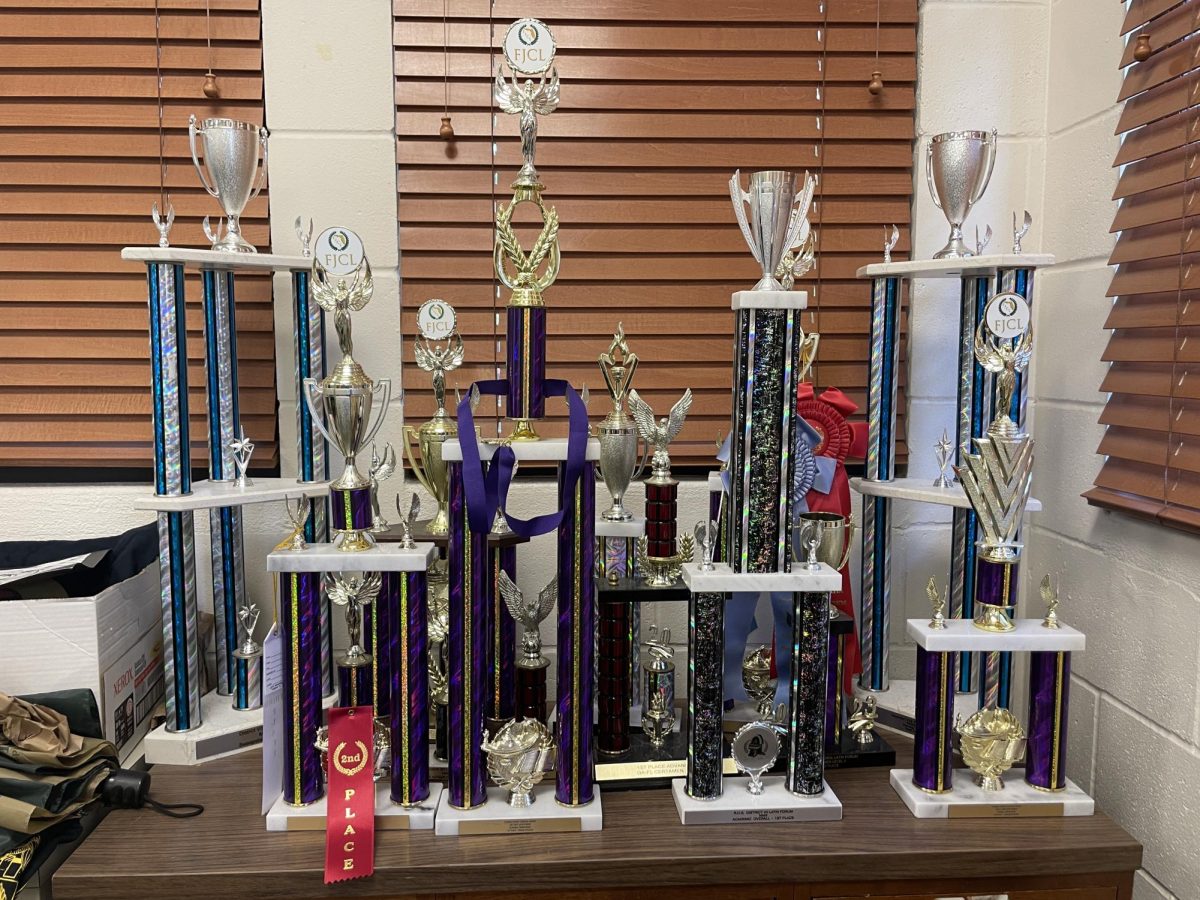







































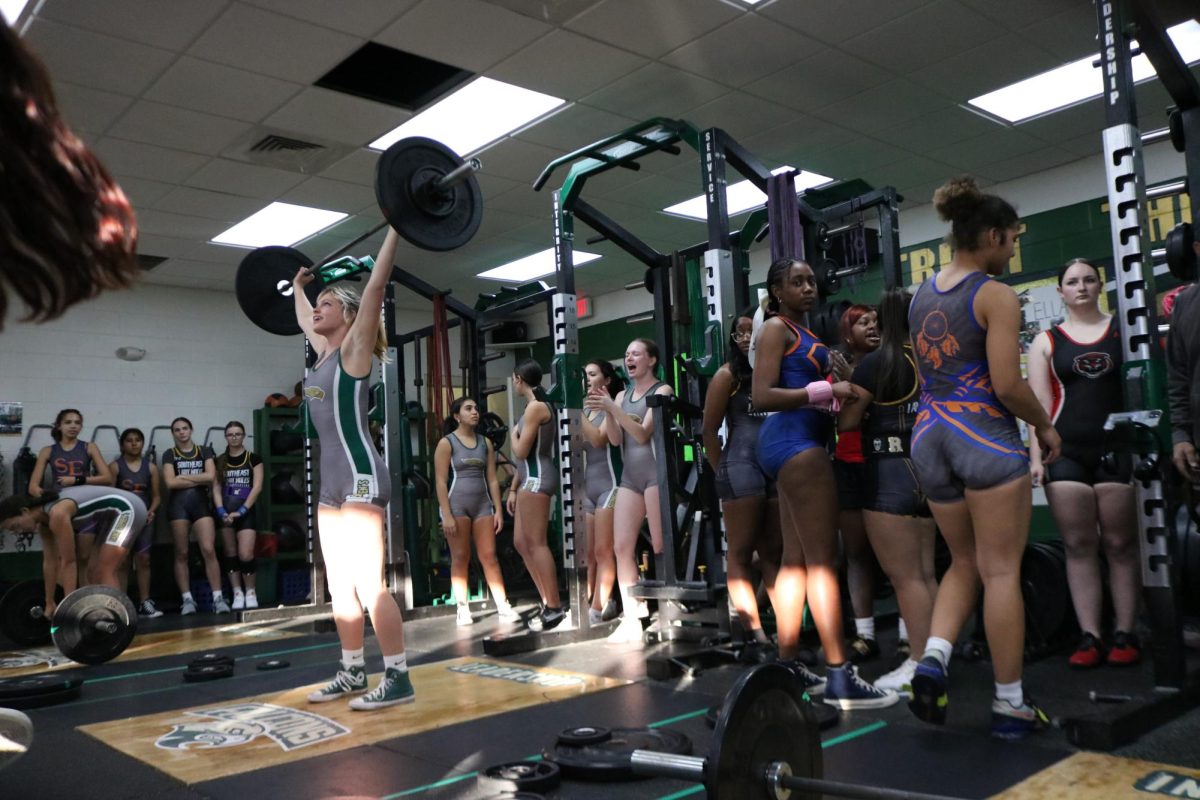




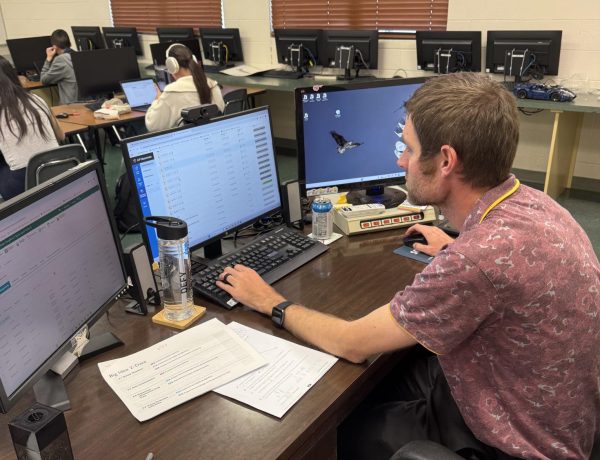

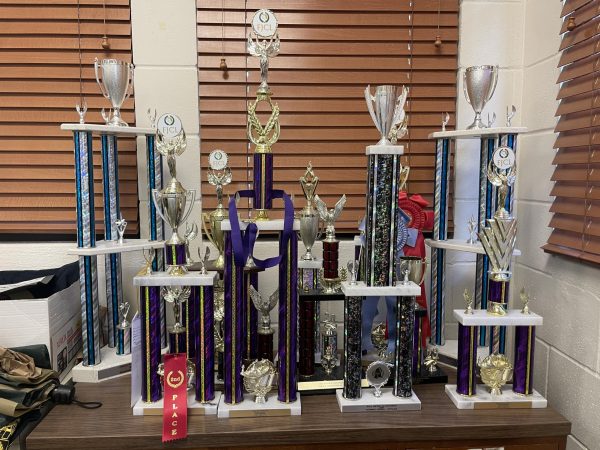

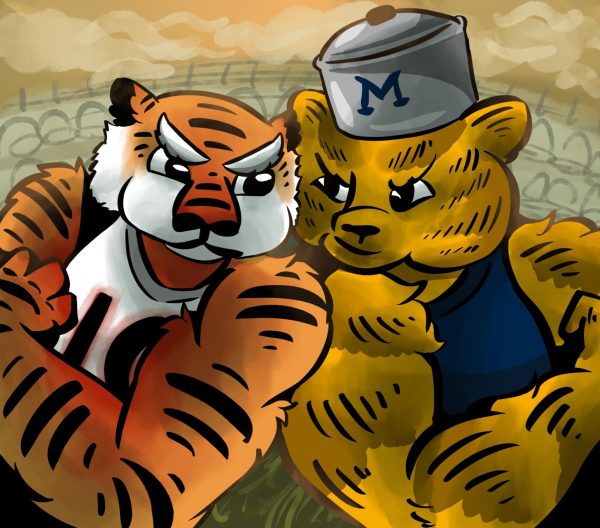

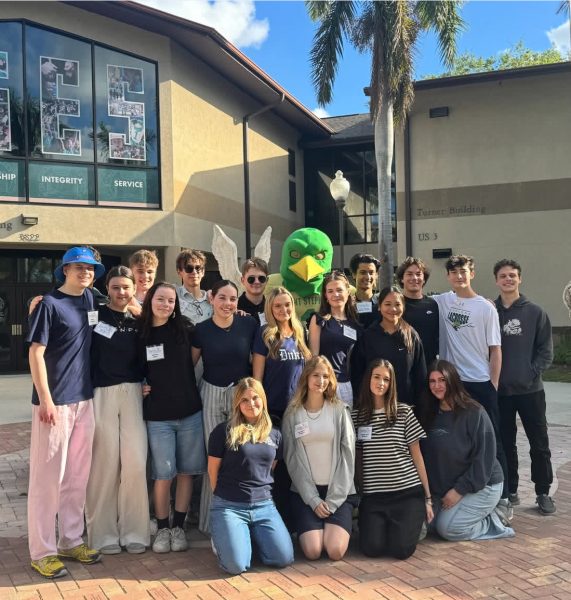


Mr Holt • Oct 20, 2021 at 7:34 pm
Great article!
I’ve been tuned in to the high-stakes, high-risk thrilling sport of Formula One racing since the early 1960’s when Jim Clark, Graham Hill, John Surtees, Phil Hill and Juan Manuel Fangio ruled the circuits in Europe where I lived for 5 years. The sport truly is a supreme test of ones’s driving skills. We all continue to hope for an American driver to appear on this scene once again. Perhaps the Andretti clan will throw their hat in the ring soon?
Mr. Holt
Jacob Gekht • Oct 22, 2021 at 10:31 am
Thank you Mr. Holt! I am glad you enjoyed the article. It is so nice to see that there are fellow F1 fans in the community!
Jennifer Turner • Oct 26, 2021 at 10:32 pm
Maybe so, Mr. Holt! IndyCar’s Colton Herta? It would be fun!